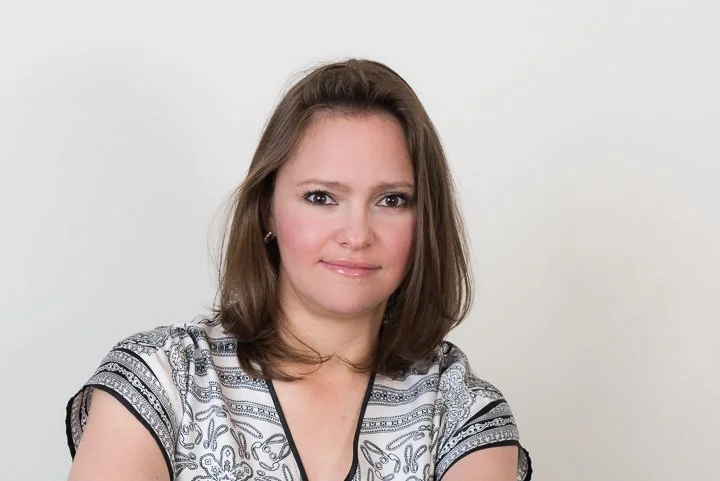
SLC Therapist and EMDR Therapist Utah
Christy Kobe, LCSW, CCTP’s Blog Articles
Offering both in-person sessions and online therapy as a Utah Therapist

SLC Therapist Christy Kobe, LCSW, introducing Eating Disorder Therapist Wendy Jensen, LCSW
As a Salt Lake City therapist, I care deeply about the skills, integrity, and heart that clinicians bring into their work. I pay attention to how therapists talk about people’s struggles, how they understand complexities, and how they hold space for growth without rushing or fixing. When I meet a clinician who brings curiosity, genuine compassion and “walking the talk” as we call it into the therapy room, I want you to know about them.
So, I’m honored to introduce Wendy Jensen, LCSW, a Certified Eating Disorder Specialist, Founder of Inside Wellness, and a therapist with over 20 years of experience helping college-aged adults and women of all ages to heal their relationships with food, body image, and, in turn, healing their relationship with themselves.

SLC Therapist Christy Kobe, LCSW, introducing Caregiver Coach Isabel Melgarejo
As a Salt Lake City therapist, I often work with people who are quietly carrying the weight of caring for others. In this spotlight, I introduce family caregiver coach and planner Isabel Melgarejo of Tum Coeur.
Isabel supports family caregivers in creating sustainable plans, having difficult conversations, and prioritizing self-care without guilt. If you are caring for a loved one and feeling overwhelmed, this collaboration offers support that meets you where you are.

SLC Therapist Christy Kobe, LCSW, introducing Bookkeeper Melanie Queen
As a Salt Lake City therapist, I spend my days helping women slow down, listen to themselves, and untangle the layers of stress that quietly build up over time. Anxiety, burnout, relationship issues, and trauma do not occur in isolation. They are often entangled with practical pressures like finances, work demands, and the mental load of running a business. These pressures are on top of parenting and caregiving responsibilities, household responsibilities, nurturing and maintaining important relationships, and the needs to take care of your own physical and mental health.
That is why I am writing these blog articles highlighting Salt Lake City professionals who genuinely support women in ways that create more space to breathe, heal, and live with intention. Today, I am excited to introduce you to Melanie Queen, the owner of Queen of Bookkeeping, a Salt Lake City area bookkeeping and fractional CFO service created specifically for women in business.

SLC Therapist Christy Kobe, LCSW, introducing Heidi Westfall, CEPA, CPFA, Wealth Advisor for Women
As a Salt Lake City therapist, I love collaborating with other professionals who also specialize in working with women and focus on doing exceptional work.
So, I’m pleased to introduce you to Heidi Westfall, who I believe is doing important, empowering work. Heidi is the founder of RTI Wealth Management, based in Salt Lake City, Utah.
What stands out to me about Heidi is that she is passionate about supporting women’s financial independence, clarity and confidence. She provides an individually-tailored process to meet you where you are and take you to where you want to be. Her intention is to hold space for you as her client.
As a wealth advisor, Heidi says her greatest joy comes from helping people—especially women, business owners, and families—to build stable, long-term wealth that honors their values and ambitions. Her mission is more than numbers: it’s about helping you make confident financial decisions so you and your life can flourish.

SLC Therapist Christy Kobe, LCSW, Introducing Nevin Alderman, CMHC, Couples Counseling in Utah
As a Salt Lake City therapist, I value connecting with professionals who show up with presence, skill, and genuine integrity. I pay attention to how therapists make people feel, how they communicate, and the care they bring into their work. It’s not often that I meet another therapist who is also exceptionally present, mindful, ethical, and dedicated, so when I do, I don’t take it for granted and I make a connection with them.
Nevin Alderman, who is the Owner and Director of Renew Relationship Counseling and does couples counseling in Utah, is one of those clinicians. In every interaction I have had with him, he has shown a deep commitment to helping people feel seen, understood, valued, and safe. I want to introduce him because the work he does with couples in Utah is so intentional and clear in how it supports their relationships in times of stress or disconnection.

What to expect in your first session with a Salt Lake City therapist
Are you feeling nervous about reaching out to a Salt Lake City therapist to explore participating in therapy?
Do you feel like you don’t really have a good understanding of what therapy actually is?
Are you feeling anxious or wondering what to expect from your first therapy session with a SLC therapist?
Are you wondering what to do to prepare for your first therapy session with a SLC therapist?

Top myths about working with a Salt Lake City therapist
Whether you are meeting with me in-person as a SLC therapist or meeting with me via online therapy, I want to help you identify and work through the causes of your struggles to the extent possible so that you can experience genuine healing and transformation, and make the real, lasting changes you desire.
This is a very collaborative and active process in which we partner together in working toward the individualized goals we set together. This process is gentle, kind and compassionate, and is done at a pace that feels comfortable to you.